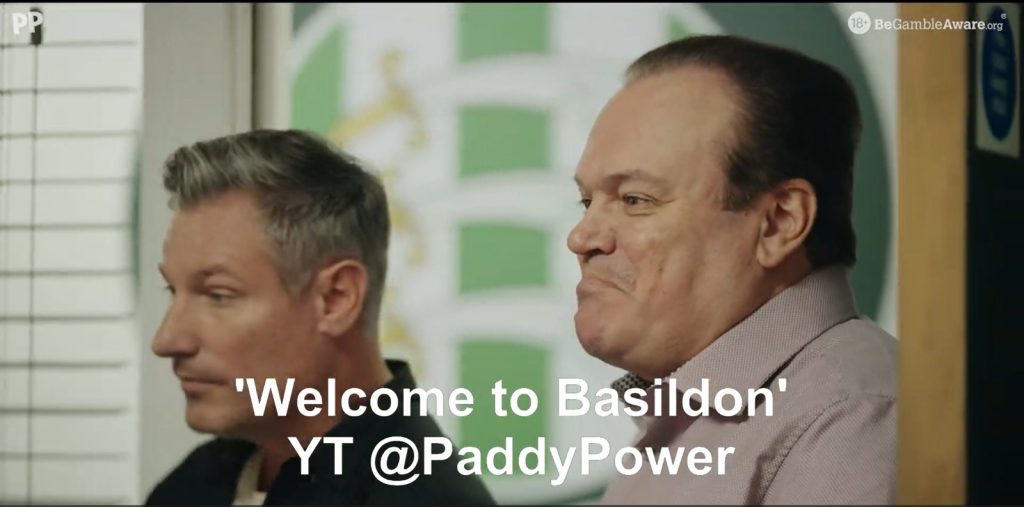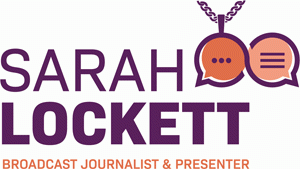I once worked with Shaun Williamson (Barry from Eastenders!) in a comedy-drama skit. I was acting alongside him in several scenes and he was a lovely man, very friendly and a great professional. I asked him how he made himself cry for emotional scenes – because I was worried about not being able to do it. I HAVE been able to cry on set – when the writing is good, and the feelings just come up. But sometimes the writing isn’t good, or you don’t know the whole story – you’re just told, “You’re upset in this scene and you cry.” So then it’s more challenging.
He gave me some good tips, which I will use. As my old Mum and Dad used to say, “You don’t ask, you don’t get!” So I was very grateful for the advice – and that he passed on some knowledge, tips and techniques from his own experience. Mentoring, passing it forward.

Another actress, Meghna Malik, who I was working with in 2023, mentioned a little tip that I hadn’t heard before: she said, if you’re not sure what the scene means, or what the writer/director’s intention is, do less.
If you’re not sure, do less
Meghna Malik, Actress
Just say the words in the script. Quite neutrally, almost flatly. Don’t try to make the line funny, tragic, powerful, angry, desperate – because you might be interpreting it wrongly. We always, as actors, ask the director what they want from a scene. But sometimes they don’t have time to tell us, other stresses are happening, everyone is fraught, we’re losing the light, and we just have to do it the way we think it should be done. Sometimes the director doesn’t speak perfect English and we just have to guess what they want. Hey, it’s not ideal but we make it work. So, two examples of people mentoring.
My point is:
And this is my point: if you have time, pass on some tips and techniques to the next generation. They’re not a threat and they’ll always remember you for helping them out.
By the way, we’re not being ‘Karens’ (ie interfering control freaks) telling people how to do things. If they don’t want to take our advice, good luck to them. We’re just trying to help them out, as people did when we were getting started. And training doesn’t happen only in formal training rooms. It’s all those little remarks and observations we glean when working alongside people more experienced than ourselves. Or younger than us! Because younger people can teach us a lot, mostly about technology, apps, social media and the like. It’s a cliché but it’s true. If I didn’t have daughters in their 20s, plus a LOT of younger colleagues, I wouldn’t be able to do half the things I can, tech and social media-wise.



